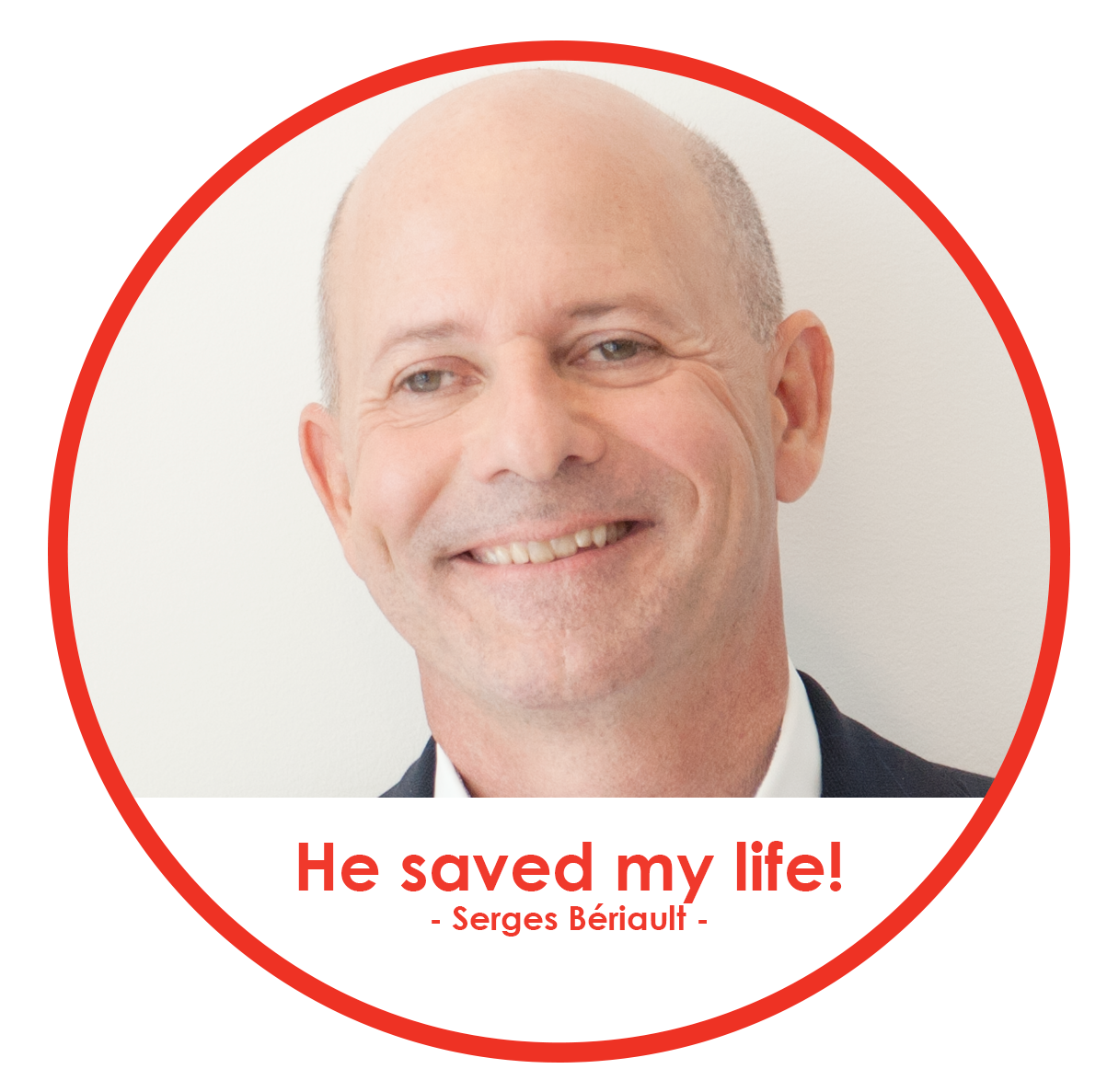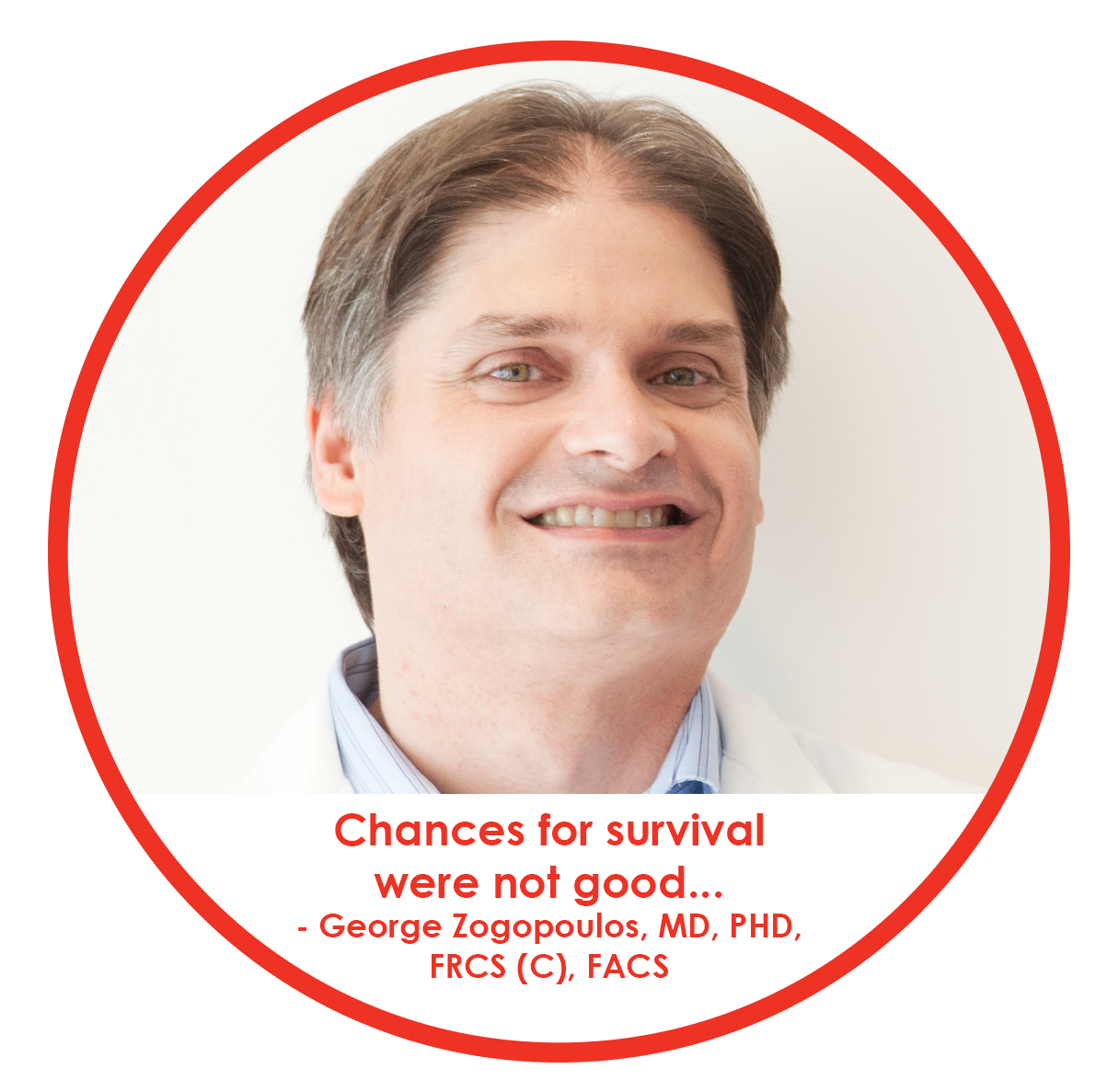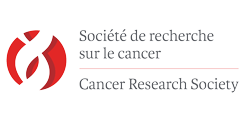 When I learned I had a bile duct cancer of the liver, I refused to believe it. Then they told me about a new treatment made possible by research and developed by the Mayo Clinic in the U.S. I could have chosen to seek treatment at the reputable clinic, but I needed to be near my family, so I opted to be treated at the MUHC Royal Victoria Hospital. I had every confidence in the ability of Dr. George Zogopoulos to administer the treatment, which included a liver transplant.
When I learned I had a bile duct cancer of the liver, I refused to believe it. Then they told me about a new treatment made possible by research and developed by the Mayo Clinic in the U.S. I could have chosen to seek treatment at the reputable clinic, but I needed to be near my family, so I opted to be treated at the MUHC Royal Victoria Hospital. I had every confidence in the ability of Dr. George Zogopoulos to administer the treatment, which included a liver transplant.
It was a Saturday evening in the month of June 2013, shortly after my liver transplant, and Dr. Zogopoulos came into my hospital room, even though he wasn’t on duty that night, to inform me that a severe postoperative infection was spreading all over my body. Dr. Zogopoulos knew he had to act fast, otherwise it would be life-threatening.
As they were wheeling me back to my hospital room from this third surgery, I was very moved when the entire medical staff applauded. It gave me the energy I needed to start my recovery. I am incredibly lucky to be alive today. I have to get tested regularly to make sure the cancer isn’t back. My quality of life has been somewhat restored, but I still worry about a relapse. This is why cancer research must go on, so that I may one day have peace of mind.
Serges Bériault
Bile duct cancer of the liver Survivor
 Serges asked me what his chances of survival were. I explained to him that, the treatment protocol developed at the Mayo Clinic had not been successfully completed by a patient in a Quebec institution, including at the MUHC. Meanwhile, the Mayo Clinic in the U.S. was using a treatment that was garnering excellent results. I suggested to Serges that he seek care there or in Toronto, where the protocol had also been previously successfully performed, but he elected to stay in Montreal. So the MUHC Royal Victoria Hospital put together a multidisciplinary team to handle Serges’ care.
Serges asked me what his chances of survival were. I explained to him that, the treatment protocol developed at the Mayo Clinic had not been successfully completed by a patient in a Quebec institution, including at the MUHC. Meanwhile, the Mayo Clinic in the U.S. was using a treatment that was garnering excellent results. I suggested to Serges that he seek care there or in Toronto, where the protocol had also been previously successfully performed, but he elected to stay in Montreal. So the MUHC Royal Victoria Hospital put together a multidisciplinary team to handle Serges’ care.
Everything happened very quickly. I make it a habit of staying on top of my patients’ progress even while I’m not on duty. When I received Serges’ test results, there was no time to waste. Given the severity of the postoperative infection, I went straight to the hospital to perform emergency surgery.
The Cancer Research Society’s work is essential.There are over 200 types of cancer. Treating them all is hard because everyone responds differently to the treatments. Research enables us to develop treatments tailored to each type of cancer. For instance, the treatment we used on Serges, and which has since been improved upon, will help us treat patients who will develop that same type of cancer
GEORGE ZOGOPOULOS, MD, PHD, FRCS(C), FACS
Assistant Professor of Surgery at McGill University. Surgeon at the McGill University Health Centre (Hepato-Pancreato-Biliary and Transplant Surgery, Royal Victoria Hospital Glen site)




